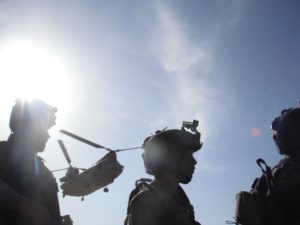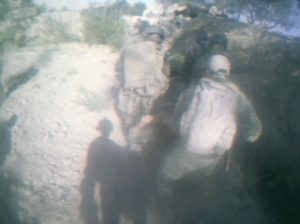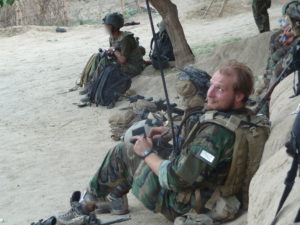If you have not been keeping up with the blog I recommend that you read these stories before this one. 1)“Take the First Step” 2)“Emotional Healing” 3)“Deciding to Overcome” Read. Enjoy (hopefully). Share. Comment.
Besides my occasional visits from Fred the Elf, I had many other interesting things happen to me while I was at Brooke Army Medical Center (BAMC). At one point I had to have my stomach dressing changed, allowing me to see inside of my stomach. Normally, this would have freaked me out (and been quite painful), but a healthy dose of Morphine made this a fun experience. There was also the problem of going to the bathroom, and I do not mean urinating. I went to the bathroom for the last time on September 24; I was shot on September 25 and finally went to the bathroom again about two weeks later on October 7. After having two weeks of waste build up inside me, I was practically euphoric when it all came out. When I finally relieved myself, it was one of the most relieving experiences of my life, no pun intended.
My wife and I were also faced with a big dilemma while I was at BAMC. My wife Kim is one the smartest and driven persons I know and also fanatically loyal to me. She gave up a lot of things in life to be with me. To make “us” work, she followed me around the country only to have me be gone the majority of the time.



